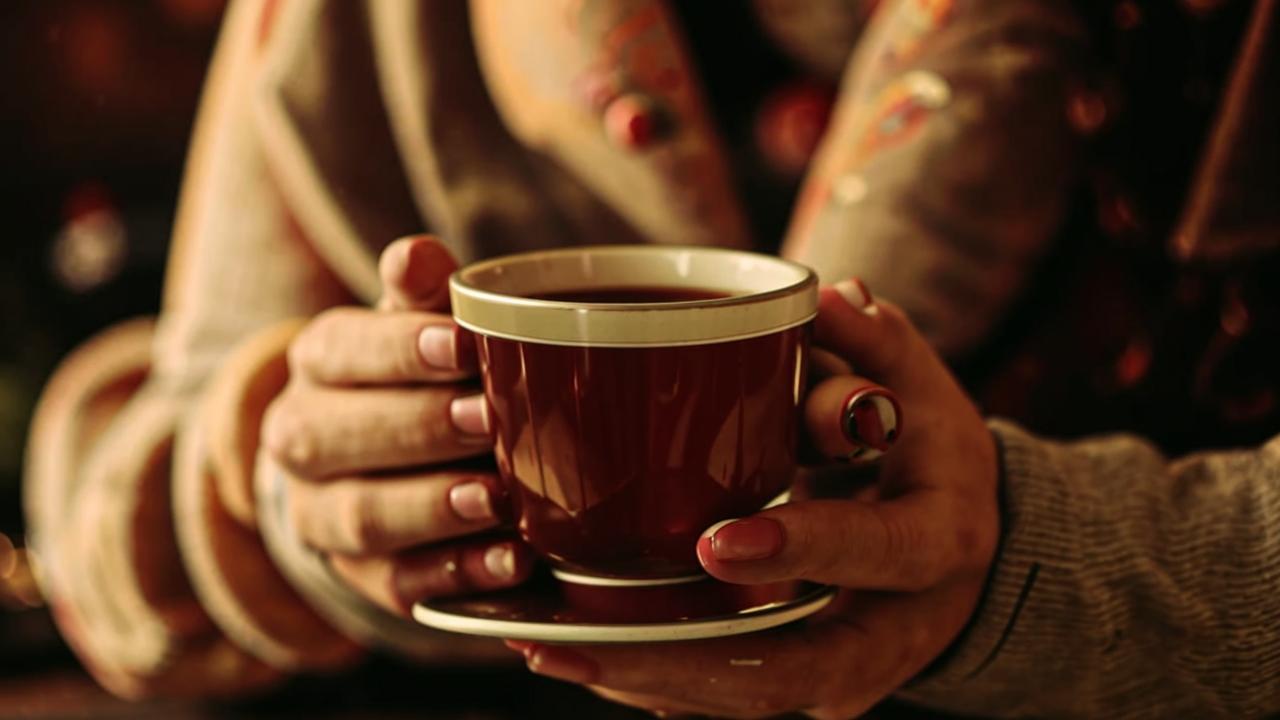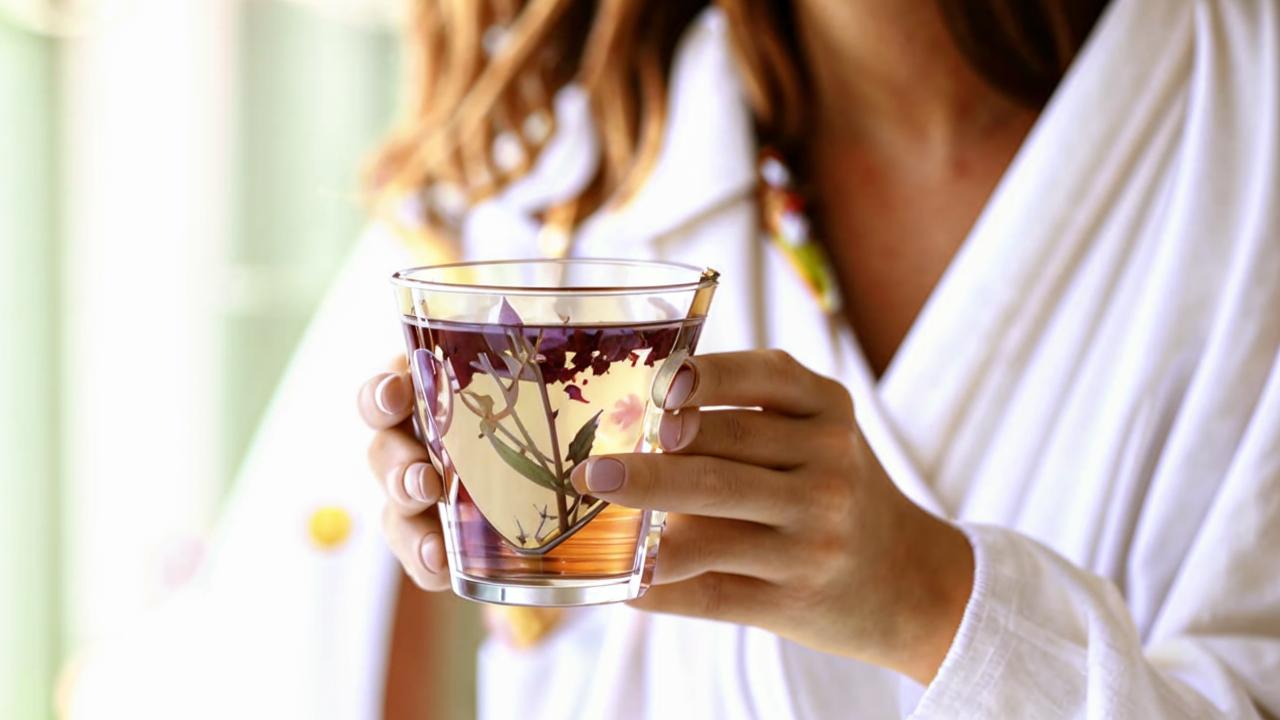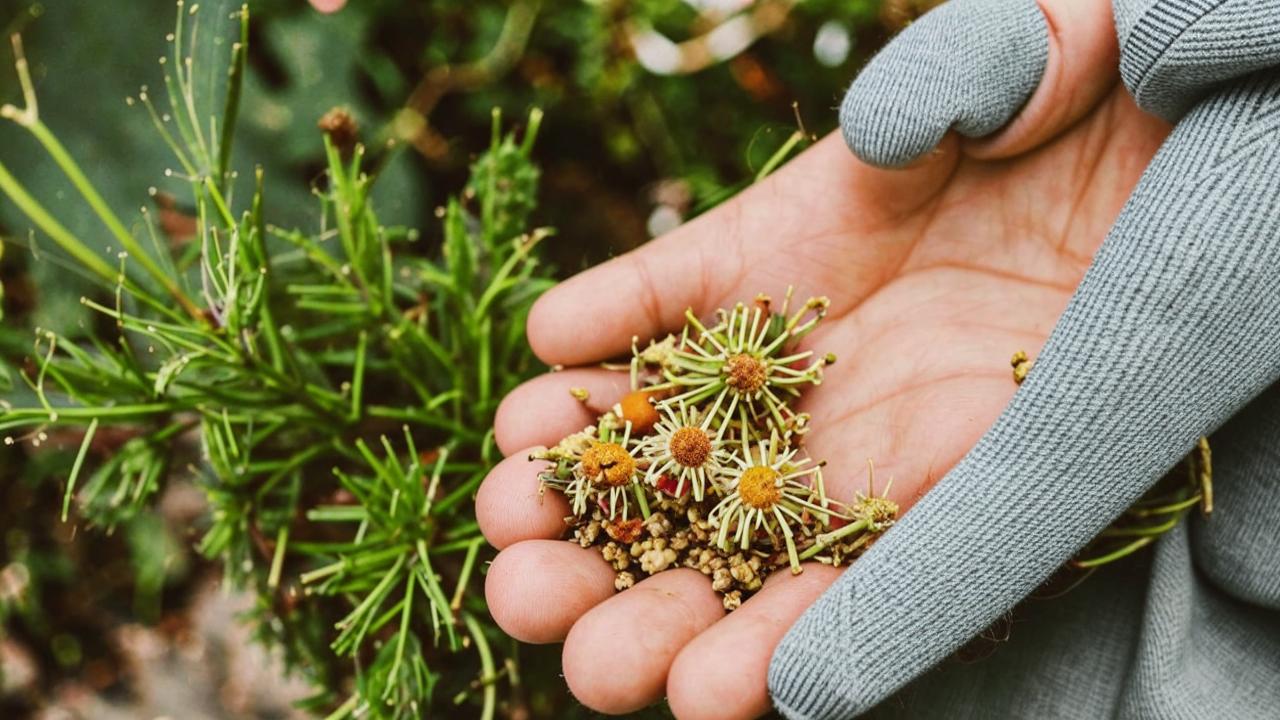
“Herbal teas have always been popular for a reason: they are low in caffeine, have pleasant flavors and various health benefits. One of the most famous is chamomile tea.”
Regular tea and herbal tea: what’s the difference?
To start talking about herbal teas, it is worth determining what can be called tea at all. The drink that most of us drink in the morning is the result of brewing tea leaves in boiling water. It can be either small-leaf or large-leaf tea, green or black.
A number of studies have shown that certain types of tea can strengthen the immune system, can fight inflammation, have a positive effect on the cardiovascular system and even prevent the development of various diseases. These health benefits are linked to specific antioxidants found in tea. To many people, they are known as polyphenols.

But when it comes to herbal drinks, despite the name, they are no longer tea. The fact is that these drinks do not contain leaves or leaf buds of tea plants. They are prepared from decoctions, which are mixtures or infusions of dried fruits, flowers, spices or herbs themselves in water.
How useful is chamomile tea?
Some herbal teas have health benefits and have been used as natural remedies for a long time.
When it comes to chamomile decoction specifically, it is more than just a soothing beverage. Chamomile is derived from the flowers of the complex flower family, and people all over the world have used it as a remedy for a number of diseases since ancient times.

It contains many bioactive phytochemicals, especially flavonoids, which can act as antioxidants. Chamomile also contains a small amount of vitamins, as well as potassium, calcium, carotene and folic acid.
Chamomile tea is characterized by a whole complex of beneficial effects for humans:
- It contains large amounts of terpenes and flavonoids, thanks to which chamomile has been used to treat anxiety, gastrointestinal disorders, inflammation and insomnia.
- Studies show that chamomile reduces the risk of death from heart disease and supports the immune system.
- It has anti-inflammatory and calming effects.
- Chamomile may even slow age-related loss of bone mass.
- A cup of chamomile drink can have a calming effect on the gastrointestinal tract.
- It is used as an essential oil in aromatherapy.
Supplements based on chamomile
The extract obtained from the flower is called chamomile extract and is also actively used for various purposes. For example, as a remedy for anxiety. Anxiety is common with insomnia, so chamomile is also often recommended as a sleeping pill.

There are also those who favor chamomile supplements. But prescribing themselves independently their use is not recommended, it is necessary to obtain a doctor’s consultation.
What are the contraindications of chamomile tea?
Drink such a drink is better in moderation and with the approval of a doctor, because it can pose a risk for people with certain diseases. From the use of chamomile it is better to refuse people with allergies to pollen, since it can be cross-contaminated with pollen from other plants.
Remember, it is best to avoid herbal teas that contain sugar and other additives, and do not substitute herbal teas for full medication.





